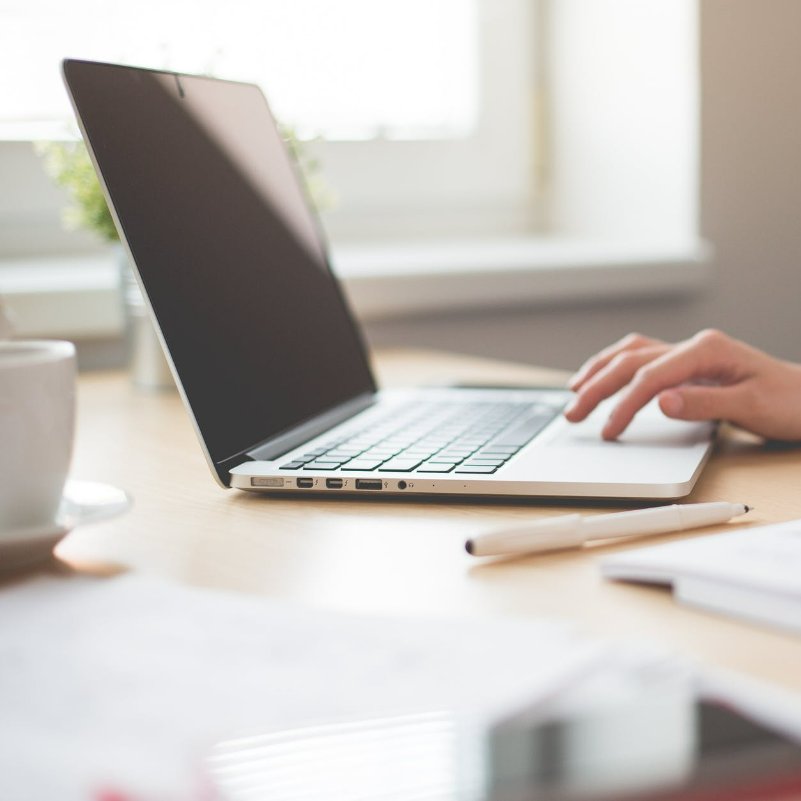In the current digital age, computers are the most popular tools for work as well as communication. It’s the first thing and last thing you interact within the morning as well as in the evening, respectively. So, when it starts working slower than usual, then it can prove to be frustrating. However, the good news is that – if you have the proper knowledge about the problems, then you can solve those issues right away.
The following are some of the possible tips & tricks that you can utilize to speed up your slow computer. We will only be covering the solutions for Windows-powered computers.
Ideal Recommendations To Speed Up Your Computer
1. Uninstall The Programs That You’re Not Using
According to professional computer repairs in Melbourne, most new PCs these days come with a lot of preinstalled apps or programs that you never end up using. Furthermore, they also slow down your computer because they run their processes in the background. These programs are often referred to as junkware or bloatware – which rarely serve any benefit for the user and instead acts as a self-advertising portal for other companies.
Since you’ll not be using these programs, it’s always a good choice to uninstall them right away. To remove such bloatware, you need to head over to ‘Control Panel’ and uninstall the ones that you don’t require. Only choose to leave the programs that feel practical to you.
2. Delete The Temporary Files
When you use your computer over an extended period, certain temporary files tend to get stored on your computer's hard drive. These files can combine to take up a large portion of your hard drive storage. Over time, if you don't clean your temporary files, your computer will get slower because your PC has to load up the temporary files on each boot-up.
If you want to avoid such a slow loading process, it's better to clear the temporary files at least every seven days. You can access the temporary files by heading to the 'Start' button on Windows and clicking on the 'Run' command. In the command box, you have to type '%temp%' (without quotes) and all the temporary files will be revealed to you. Just select all the files and press delete. Once done, head over to the 'Recycle Bin' and then permanently delete those files.
3. Switch To An SSD
Even though SSDs (Solid State Drives) have been around for quite some time now, it’s only recently that they have become so much popular. In case your current computer is taking a lot of time to boot up or launch apps, then it's time to change the hard drive.
Simply switch the old hard drive to an SSD and your computer will obtain a new sigh of relief. SSDs will not only make the boot-up faster but also the app load times will significantly reduce.
4. Opt For A Larger Storage Unit
Since you'll be buying an SSD, it's recommended that you opt for a drive that has sufficient space, such as 500 GB or 1 TB. This is because you're only recommended to use 75 percent of the total storage space in an SSD. Anything higher than 75 or 80 percent will slow down the SSD since SSDs are made from flash storage and they handle data differently than regular HDDs (Hard Disk Drives).
If you want to get more tips such as these, don’t hesitate to contact our computer experts today.

